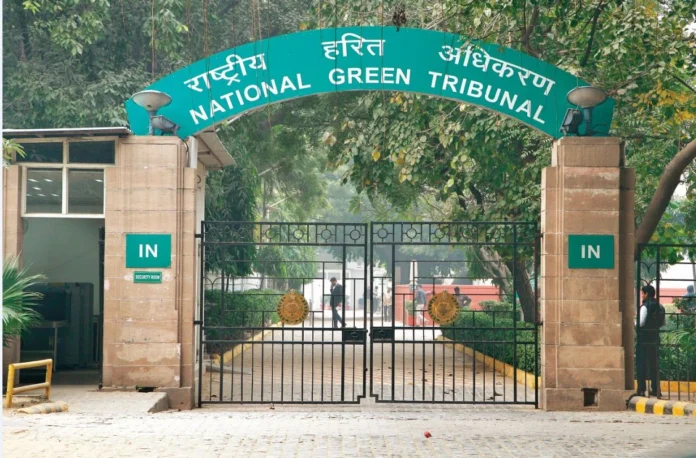By Binny Yadav
In a sharp reminder that judicial activism cannot override statutory boundaries, the Supreme Court has quashed a National Green Tribunal (NGT) order that directed the Enforcement Directorate (ED) to probe a company under the Prevention of Money Laundering Act (PMLA) for alleged pollution. The ruling reasserts the principle that while environmental justice is vital, it cannot come at the cost of due process and legal discipline.
THE CASE AT THE CORE
At the heart of the controversy was an NGT order imposing Rs 50 crore in environmental compensation on a polluting company. In an unprecedented move, the Tribunal also directed the ED to act under the PMLA—even though no scheduled offence under that statute was identified.
The Supreme Court bench, led by Chief Justice BR Gavai along with Justice K Vinod Chandran, found this directive to be without legal basis. “The NGT has no jurisdiction to issue a direction to the Enforcement Directorate,” the Court held, drawing a clear line between environmental regulation and financial crime investigation.
WHY THE PMLA REFERENCE FAILED
The apex court made it unambiguous that the PMLA can only be invoked when a scheduled offence exists. None was cited in this case. By calling on the ED without such a basis, the NGT, the Court ruled, had acted ultra vires—beyond its statutory mandate.
This verdict reinforces the doctrine that institutions must act within their legislated powers, regardless of how pressing the cause may appear.
A FLAWED FINE: THE PROBLEM WITH ARBITRARY PENALTIES
The Supreme Court was equally critical of the Rs 50 crore fine, pointing out that it was imposed without scientific assessment or established methodology. Instead, the NGT had seemingly linked the penalty to the company’s annual turnover—an approach the Court flatly rejected.
“Imposition of environmental compensation cannot be done on the basis of the annual turnover of a company,” the bench observed, stressing that compensation must be based on measurable damage and evidence, not symbolic figures.
QUANTITY OVER QUALITY: A JUDICIAL REBUKE
The Court also admonished the Tribunal for issuing a sprawling 145-page order that, it said, lacked substantive analysis. “Application of mind is not proportionate to the number of pages,” the Court remarked, warning against the tendency to rely on abstract legal doctrines without relating them to case-specific facts.The judgment sets a benchmark: judicial reasoning must be focused, evidence-driven, and legally sound—even when dealing with urgent ecological concerns.
THE LARGER QUESTION: REFORMING THE NGT
The Supreme Court’s rebuke does not diminish the NGT’s importance. Created in 2010, the Tribunal plays a vital role in addressing India’s deepening environmental crises—from toxic air and polluted rivers to unchecked deforestation. Its mandate is critical in a country where environmental violations often go unpunished.
But credibility requires legal rigour. This is not the first time the apex court has cautioned the NGT. Past rulings have flagged issues such as ex parte orders, pre-drafted judgments, and penalties lacking scientific basis. Without internal reform, even well-intentioned activism risks procedural collapse.
PAST PRECEDENTS WHERE SC REINED IN NGT
- Mantri Techzone Pvt Ltd vs Forward Foundation (2020): Pulled up NGT for issuing what seemed like a pre-drafted order.
- TNPCB vs Sterlite Industries (2019): Criticised ex parte NGT orders bypassing natural justice.
- MCGM vs Ankita Sinha (2021): Barred NGT from assuming suo motu jurisdiction without due process.
- Goa Foundation vs Sesa Sterlite (2018): Underlined need for scientific assessment of damages, not symbolic penalties.
THE FINAL WORD: GREEN, BUT GROUNDED
The Supreme Court has sent a clear signal: environmental justice cannot be divorced from the rule of law. India needs strong, independent environmental adjudication—but strength lies in lawful precision, not overreach. The Court concluded: “We have no hesitation in setting aside the direction of the NGT to the ED… It is in violation of law and outside the scope of its jurisdiction.” In a time of climate urgency, this ruling reaffirms that justice must be green—and grounded.
—The writer is a New Delhi-based journalist, lawyer and trained mediator


